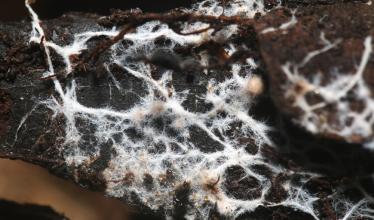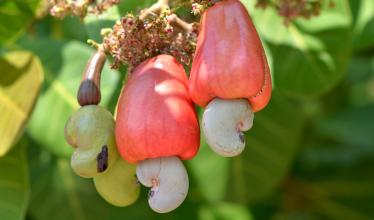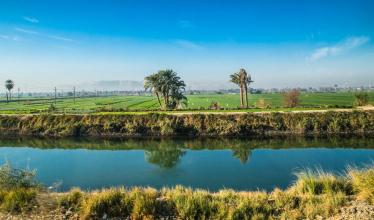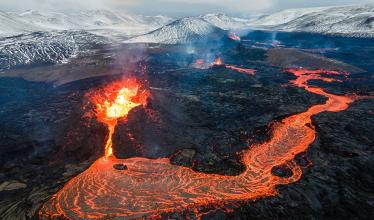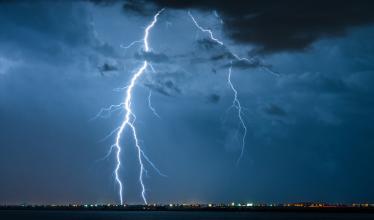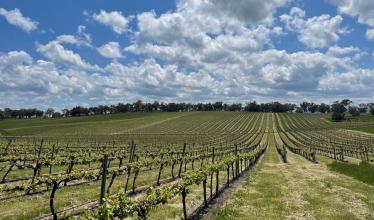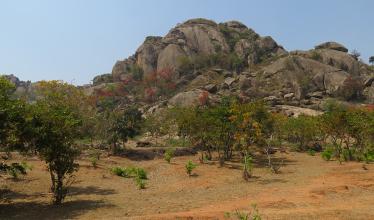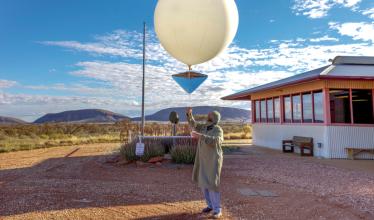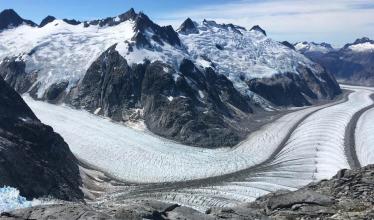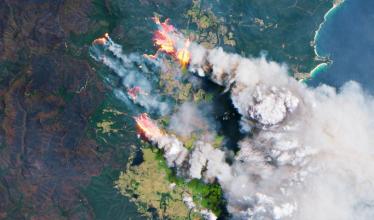Earth
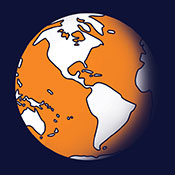 Moving and shaking for 4.5 billion years
Moving and shaking for 4.5 billion years
The physical processes that sculpt our Earth are dramatic — earthquakes, weather, volcanic eruptions, tectonic motions, climate change. Now, decades of research into the intricately intertwined system that links all oceans and freshwater, the atmosphere and our land is moving us forward toward a better understanding of our world. Here we watch it unfold.
Researchers want to use fungi to try to promote forest growth.
Scientists brave one of the coldest places on Earth, and it's well worth it.
Some countries will gain farmland while other countries will lose it.
A series of eruptions around the world could have led to less Nile River flooding, which is essential for agriculture.
The findings suggest current theories of how some volcanoes form may be too simple.
The decrease in lightning coincided with a drop in human activities that send aerosols into the atmosphere.
A keen eye and a bit of luck help scientists find something deep in the ice
If the world can limit future greenhouse gas emissions, scientists are hopeful that adaptations can help a battered industry survive.
New study examines rare sedimentary rocks atop some of the planet's oldest large land masses.
The top of the troposphere, the lowest layer of Earth’s atmosphere, has climbed about 50 to 60 meters per decade in the past 20 years.
Scientists set out to investigate how these unusual structures form.
Iron-laden particles fertilized areas of the ocean thousands of kilometers away.

